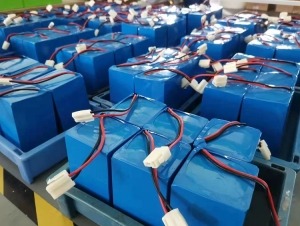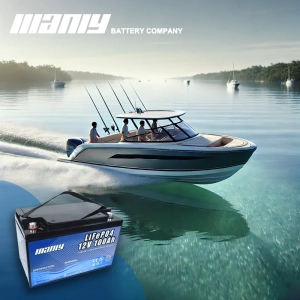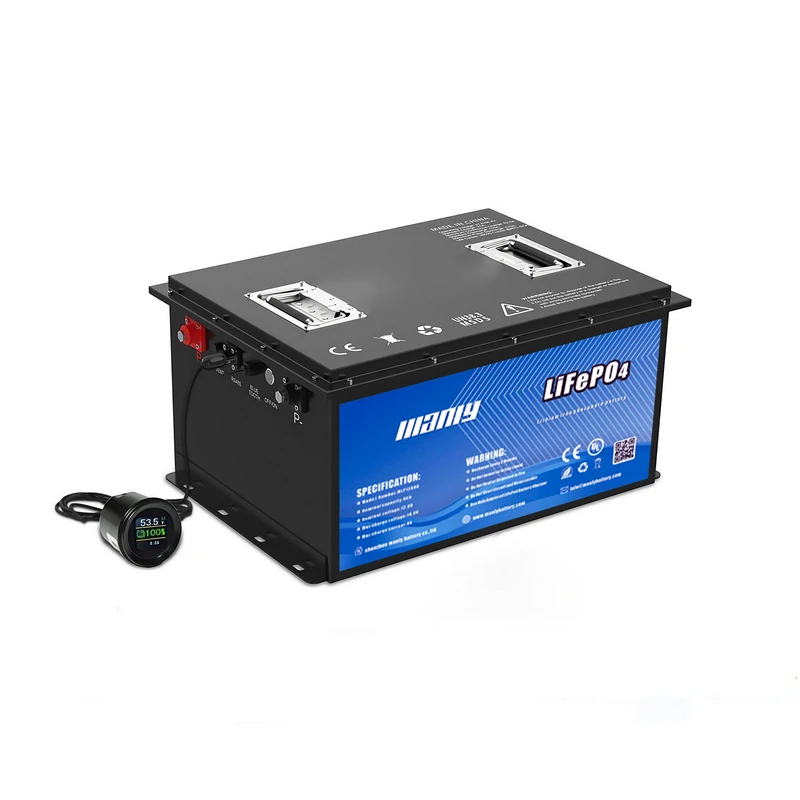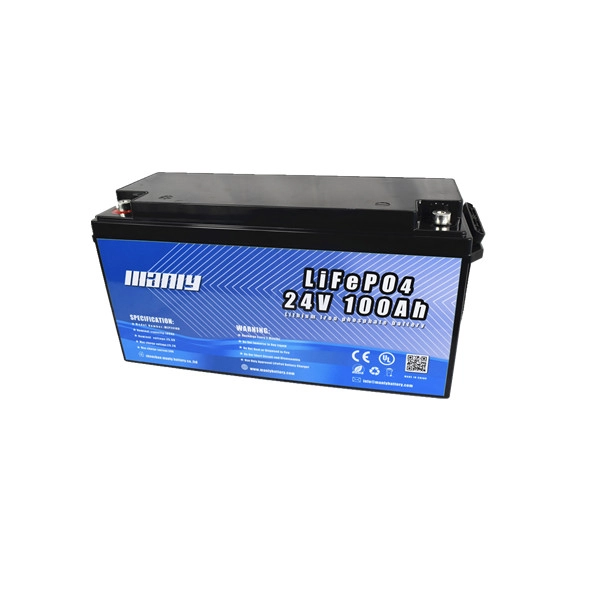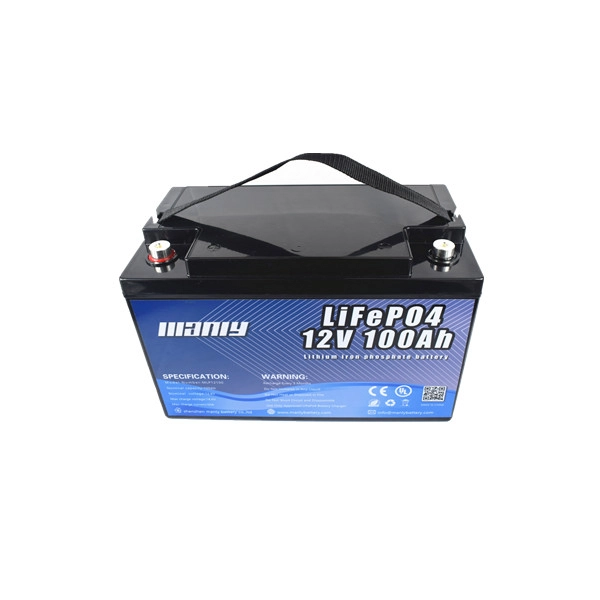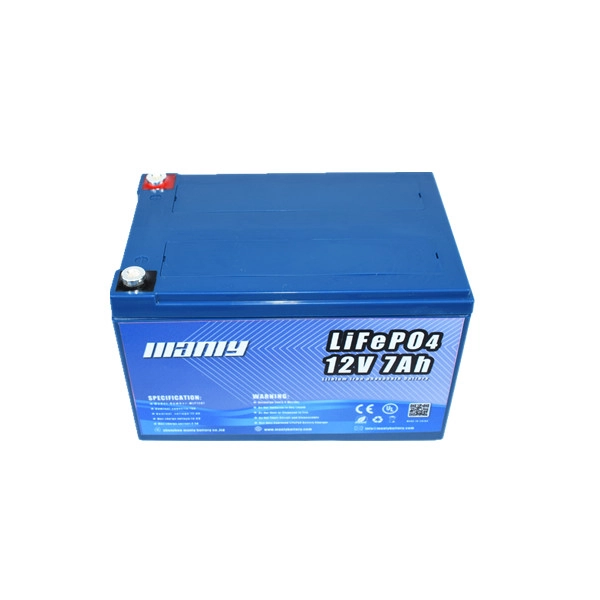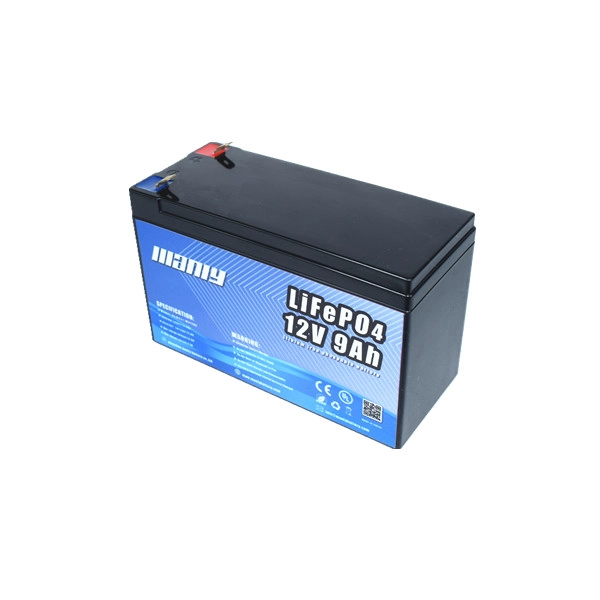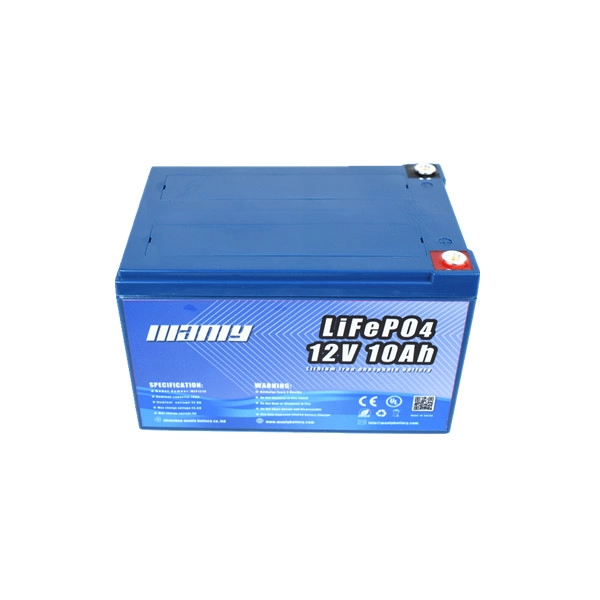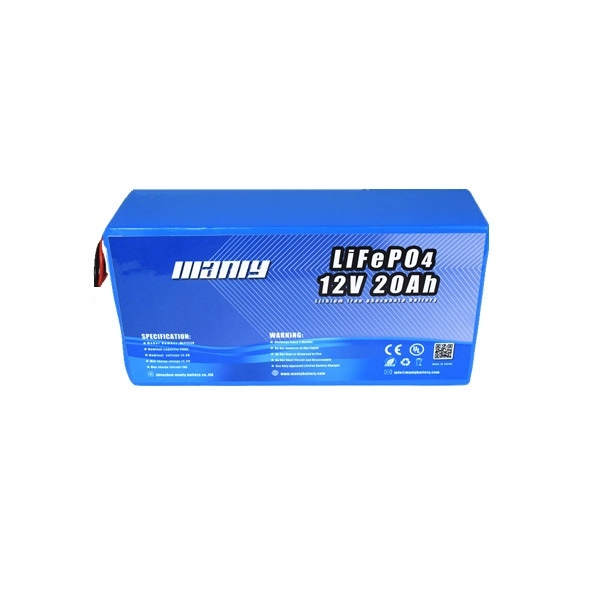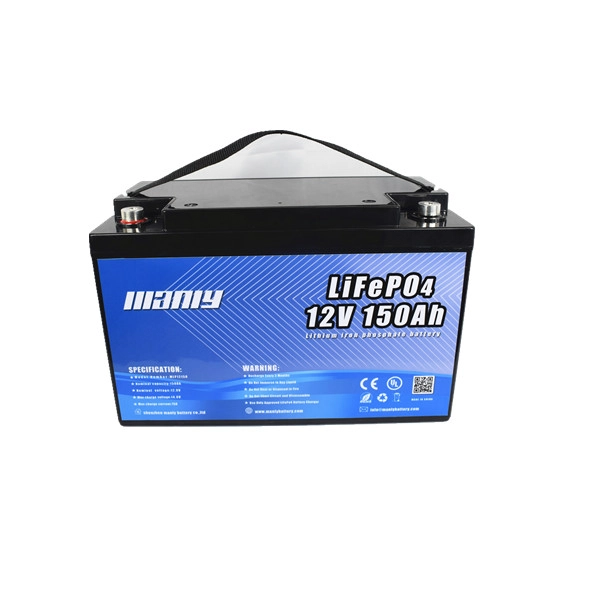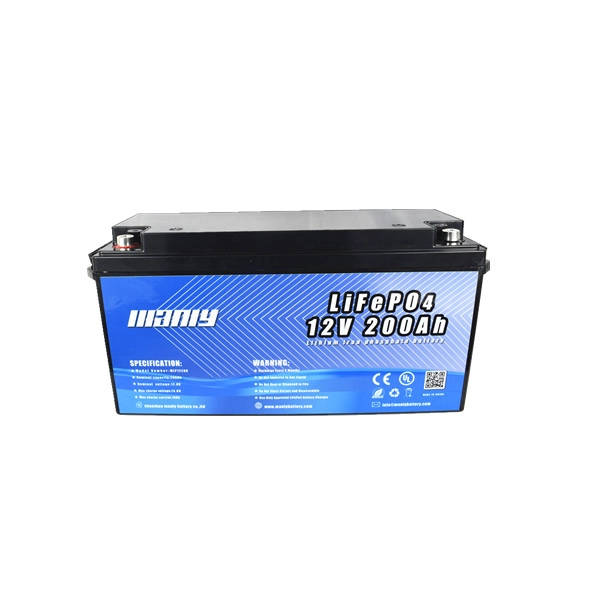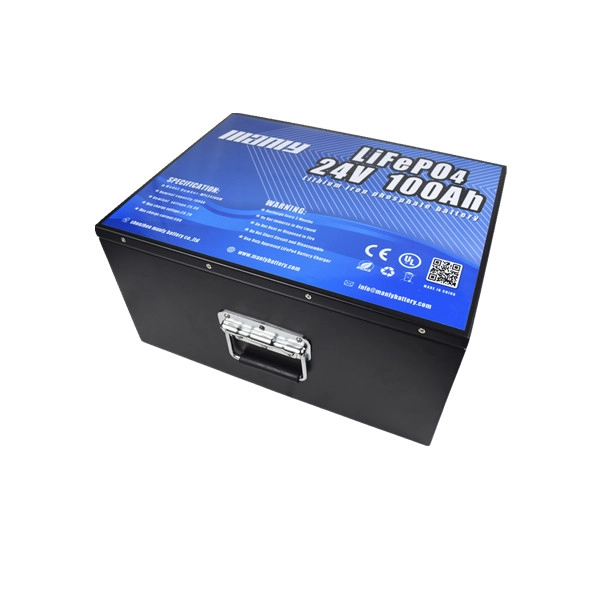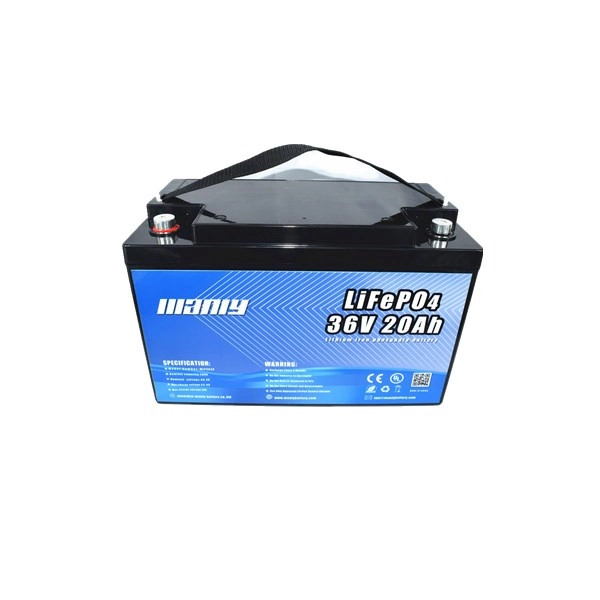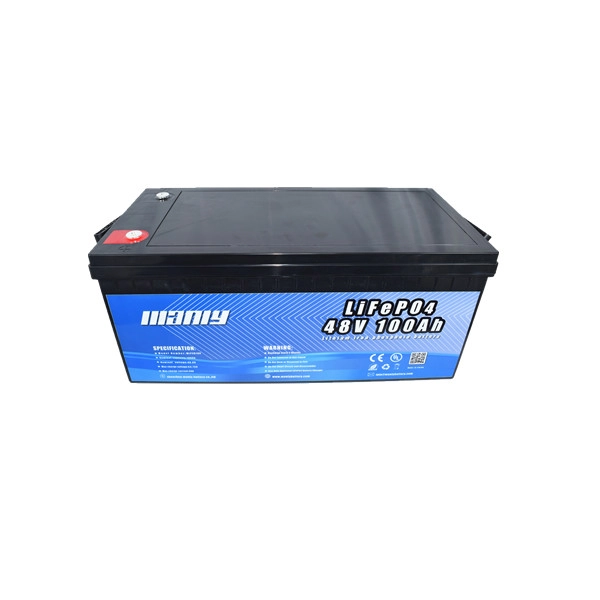2025 Combien de temps durent les batteries solaires
Table des matières
- 2025 Combien de temps durent les batteries solaires
Qu'est-ce qu'une batterie solaire?
A solar battery is a critical component in solar energy systems. It stores the excess energy generated by solar panels during the day, ensuring you have power available at night or on cloudy days when the panels are not producing enough electricity. These batteries are essential for maximizing the efficiency of a solar power setup, providing energy independence, and reducing reliance on the grid. Solar batteries come in various types, each with its own set of advantages and disadvantages.The primary function of a solar battery is to store the excess energy produced by your solar panels for later use. When the solar panels generate more energy than your home or business needs, the surplus energy is stored in the battery. Then, when the sun goes down or when it is cloudy, the stored energy is used to power your home or commercial property. Some solar batteries also allow users to sell their excess stored energy back to the grid, providing further financial benefits.Combien de temps durent les batteries solaires?
The lifespan of a solar battery depends on several factors, including the type of battery, how often it’s used, and how well it’s maintained. On average, batteries solaires last anywhere from 5 to 15 years. However, the actual lifespan can vary based on the battery’s chemistry and how it's used.Lithium ion batteries, for example, are known for their longevity, typically lasting between 10 and 15 years. These batteries are efficient, require less maintenance, and have a high cycle life, meaning they can go through many charge and discharge cycles before showing significant degradation. Lead acid batteries, on the other hand, generally have a shorter lifespan, ranging from 5 to 7 years. While more affordable upfront, they require more maintenance and have a lower Depth of Discharge (DoD), meaning you can only use a smaller portion of the battery's total capacity without damaging it.Other types, like saltwater batteries, are still relatively new to the market. These batteries tend to be environmentally friendly and safer to handle than lithium-ion or lead-acid batteries, but they generally have a shorter lifespan, with many lasting between 5 to 10 years.In addition to battery type, several factors can influence the lifespan of your solar battery:- Profondeur de décharge (DoD): La quantité d'énergie utilisée à partir de la batterie avant la recharge peut avoir un impact sur sa longévité. Plus le DOD est élevé, moins les cycles d'une batterie durera. Les batteries au lithium-ion gèrent généralement les décharges plus profondes que les autres types.
- Entretien de la batterie: Regular maintenance, such as monitoring the battery's health, keeping it clean, and ensuring it operates within the correct temperature range, can extend the battery's lifespan.
- Exposition à la température: Les températures extrêmes, trop chaudes ou trop froides, peuvent raccourcir la durée de vie d'une batterie solaire. Une installation appropriée dans un environnement contrôlé par le climat peut aider à prévenir la dégradation précoce.
Facteurs qui affectent la durée de vie de la batterie solaire
The lifespan of a solar battery is influenced by several factors, including the type of battery, its usage, and the environment in which it's kept. Understanding these factors can help you maximize the life and performance of your solar storage system, ensuring it provides reliable service for years to come.1. Type de batterie
Different types of solar batteries offer varying lifespans. For instance, Lithium ion Batteries typically have longer lifespans than traditional Lead Acid Batteries, with some lithium models lasting up to 15 years or more. In comparison, Lead Acid Batteries may last only 3 to 7 years, depending on usage and maintenance.Saltwater batteries, while newer and environmentally friendly, usually last between 10 to 15 years. They have an advantage in terms of sustainability but still lag behind Lithium ion Batteries in terms of widespread use due to higher costs and technical complexity. In general, the battery lifespan for most technologies falls between 5 and 15 years, but Lithium ion Batteries tend to outperform others due to their superior cycle life and depth of discharge (DoD) capabilities.2. Profondeur de la décharge (DOD)
The Depth of Discharge (DoD) refers to the percentage of a battery's storage capacity that has been used. The deeper the discharge, the shorter the battery’s lifespan. For example, Lithium ion Batteries can typically handle a DoD of 80-90% without suffering significant degradation, while Lead Acid Batteries are generally limited to a DoD of 50-60% to preserve their lifespan. Over-discharging any battery beyond the manufacturer-recommended DoD can drastically reduce its performance and cycle life, resulting in more frequent replacements.3. Cycles de charge et de décharge
The cycle life of a solar battery is the number of complete charge and discharge cycles a battery can undergo before its capacity falls to 80% of its original value. Batteries with a higher cycle life are more durable and last longer. For example, Lithium ion Batteries can endure thousands of cycles (sometimes over 6,000), while Lead Acid Batteries generally offer fewer cycles, typically between 1,500 and 3,000. Therefore, frequent cycling (charging and discharging) can lead to a faster decline in battery performance. This makes it essential to balance usage patterns to extend the battery lifespan.4. Exposition à la température
The temperature exposure of your solar battery plays a significant role in determining its overall lifespan. Batteries tend to perform best within a specific temperature range. For instance, most Lithium ion Batteries work optimally between 20°C and 25°C (68°F to 77°F). Extreme temperatures, both high and low, can reduce the efficiency and capacity of the battery, leading to faster degradation. Constant exposure to temperatures above 50°C (122°F) or below 0°C (32°F) can shorten the lifespan of a battery. To prevent this, ensure your solar storage system is placed in a shaded or temperature-controlled area, such as a garage or another well-ventilated space.5. Entretien et soins
Proper battery maintenance is crucial to ensuring that your solar battery remains in good working condition for as long as possible. While most modern solar batteries, especially Lithium ion Batteries, are relatively low-maintenance, regular checks are still necessary. Here are some general tips for maintaining your solar batteries:- Surveiller les performances de la batterie: Many systems come with apps that allow you to check the battery's health and performance in real-time. This helps in spotting potential issues before they become serious problems.
- Assurer la propreté: Gardez votre batterie et son environnement sans poussière et débris, ce qui peut avoir un impact sur son efficacité.
- Inspections régulières: Vérifiez périodiquement la batterie pour tout signe de dommage ou d'usure. La détection précoce peut empêcher une détérioration supplémentaire.
- Suivez les directives du fabricant: Always adhere to the manufacturer's recommended care practices, which include proper charging and depth of discharge limits.



